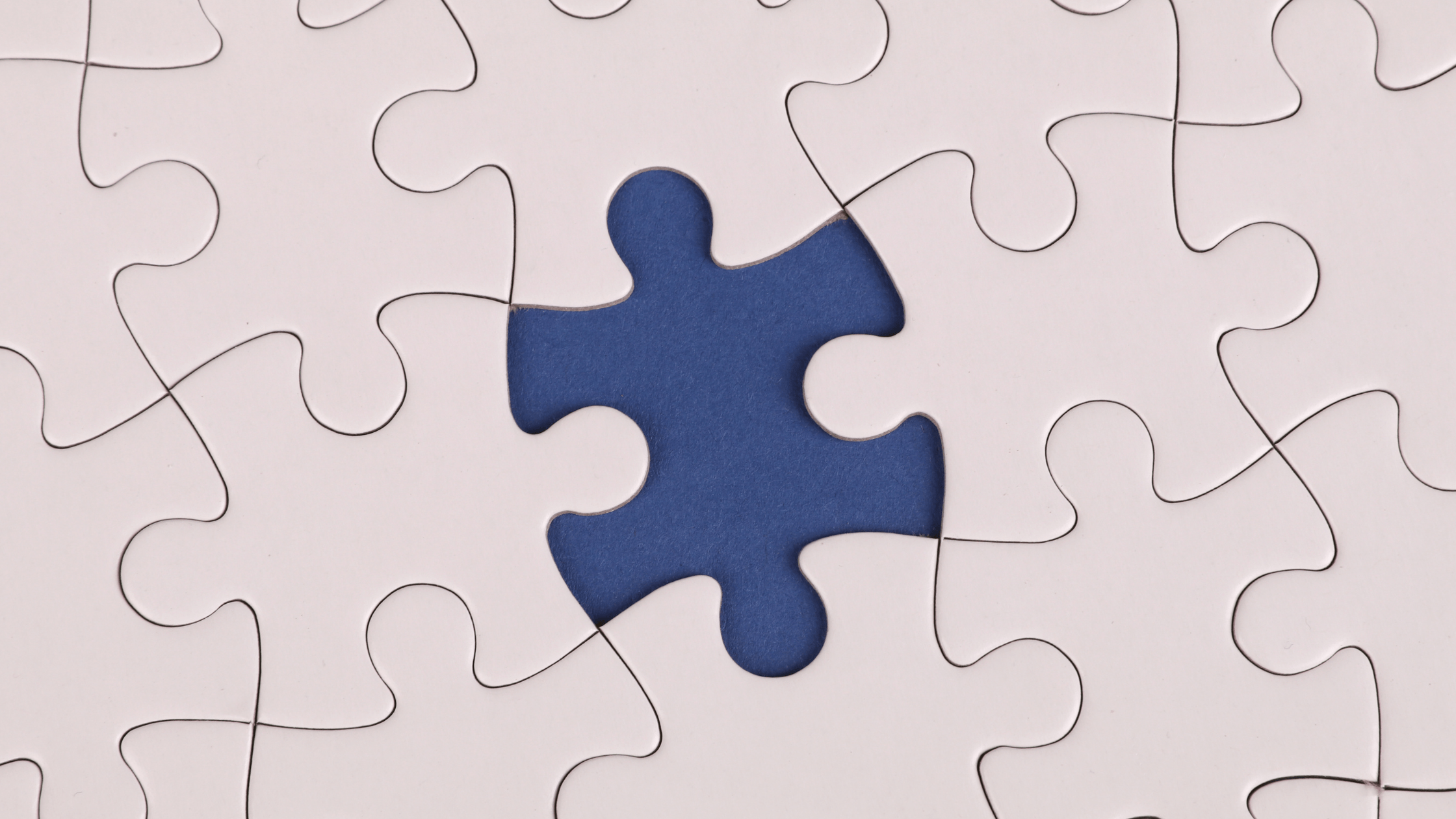Today’s blog post is a little different from our usual spiel. Recruitment-related topics are typically our go-to, however, I couldn’t help myself with what we’re going to talk about today: Time Travel. No, not the kind of time travel you see in ‘Back To The Future’, but more like the type of time travel you see in Adam Sandler’s ‘Click’ movie.
If you’re not familiar with the film, Adam Sandler’s character is given a remote control which lets him pause, rewind, and fast-forward life. Except, in today’s blog post, it’s not so much a remote control, but instead it’s your smartphone, and other technology.
I couldn’t help thinking that life seems to be going a lot faster than when I was younger. If you’re reading this and you’ve always lived life with a smartphone, then you’ll probably have no idea what I’m on about. But if you’re someone, like me, who can remember a life before we were glued to the 6” screens (7” if you forked out for the Pro Version) we keep in our pockets, then you may have some idea of what I’m talking about.
Maybe I’ve approached the existential crises chapter in my life, but I regularly find myself thinking that life is going too fast. How often do you find yourself looking at pictures from a year ago and thinking, “How on earth was that a year ago?”.
Well, I regularly do. I think it’s important to sit and realise how fast time is passing, and *SPOILERS* like Adam Sandler, I’ll regret it when I didn’t slow time down when I could.
So, what is causing time to feel like it’s going by so fast? And is there a way we can slow it down?
Today, we’ll be looking at the reasons why technology makes time go by faster when its purpose is to make your life more efficient to give you the time to do more important things. Technology is therefore doing the opposite of what it’s intended for.
Lose Your Social Media Addiction
The saying “time flies by when you’re having fun” may be true. But tell me, how many times have you looked back to that afternoon when you were scouring TikTok for a few hours, and thought, “Those were the best memories of my life”? I’ll bet my life savings you can’t even remember what you were looking at on your phone last Tuesday.
The saying “time flies by when you’re having fun” should only apply to those moments you truly cherish, and not those time-lapsed moments where you’ve binge-watched pointless YouTube videos (I am also guilty of this).
I’m not saying that technology quite literally speeds up time, but what it does do is speed up your perception of time. What do you do when you’re in a waiting room? You whack out your phone and scan through Facebook, TikTok, Instagram, or whatever your ‘vice’ is.
What if these moments are having an accumulated ‘time-lapse’ on our lives? Where all these time-lapsed moments add up and exponentially speed up our lives quite literally – like in the ‘Click’ movie.
The average British person waits nearly 7 years throughout their lifetime. If we assume that you’re on your phone for all of this period, then that’s 7 years of ‘sped-up’ time. You have effectively fast-tracked 7 years of your life. How much of a waste is that? The average human spends less time eating (4 years 6 months).
Why should we be so devoted to speeding up our lives just because we have to wait for things? Is there not another, more enriching muse we can keep ourselves busy with while time passes?
Now, you may think that I’m waffling without any scientific background or experience, and quite frankly I’d agree with you. However, I’d have never written this blog post without any scientific backing.
So, I’ll draw the first card from up my sleeve:
Aoife McLoughlin of Mary Immaculate College has found evidence that our perception of time is speeding up faster due to increased smartphone usage. By comparing groups of people who are always connected to technology to those who rarely use it, she found that those who were always online overestimated the amount of time that had passed compared to those who rarely use technology.
So, while sitting in a room, those who often use technology thought an hour had passed when it was only 50 minutes. The idea behind this is that people who use technology attempt to emulate it and become more efficient. This desire for more efficiency can then put pressure on people to feel like time is running out, therefore technology itself increases our internal “pacemaker”.
Sleeve Card Number 2:
If you’re familiar with the Stanford Prison Experiment, then you should know of Philip Zimbardo. Zimbardo is a psychologist who also spent a lot of time understanding the perception of time, releasing a book called, “The Time Paradox”.
Zimbardo claims, “Our personal time zone can be modified by technology, because it speeds up our internal clock. It makes us impatient for anything that takes more than seconds to achieve. You press a button and you expect instant access … so technology is pushing more and more of us into a very immediately-focused time zone. That means that we intend to ignore the future consequences of our behaviour.”
Zimbardo also claims that technology keeps us trapped in the ‘next’ moment.
“They’re constantly checking, hoping that something will be there. Hope is a very future-oriented thing, but it’s a very short-term thing. ‘ I hope somebody will see the picture I posted, I hope somebody will respond.’ So it’s intensive living in the present, and the future is very short-term. It’s about the next hit.”
Think about it. If we’re constantly setting ourselves extremely short-term goals, then the time we meet these deadlines is almost immediate – causing us to experience time faster than if we were to have longer-term goals.
Next time you’re at work and you have an hour left on your shift, imagine you have 12 lots of 5 minutes left when you’re looking at the clock. Every 5 minutes, this will go from 12 lots, to 11 lots, to 10 lots, and so on. You should begin to notice that this perception of time can make the hour feel much faster than if you were to just look at the clock and see you have an hour left.
This is what we’re doing with our smartphones. We’re setting ourselves short-term goals, rather than having long-term targets. It will feel like a lifetime before you learn a foreign language, or it will feel like a lifetime before you lose 10kg. But, is that such a bad thing?
Impatience is the number 1 downfall of most people, and I’m an extremely impatient person myself. I’ve only just realised while writing this paragraph how lucky we are to have those moments where things feel like they’re taking ‘forever’. Those longer waiting moments slow our perception of time and are therefore slowing down life. Isn’t it a beautiful thing to live life in slow motion?
We Don’t Hate Technology
If you’re a consistent reader of this blog, then you’ll know that we’re big tech advocates. We love technology so much, that we’re building a whole tech business. Contrary to the click-bait blog post title, we’re not preaching against technology in this post. Technology is an incredible invention, and quite literally helps you complete tasks more efficiently.
For example, imagine if you didn’t have online banking – saving plenty of trips to the bank. How annoying would it be if you had to always go to the shopping mall every time you needed to buy clothes? Imagine having to post a letter whenever you wanted to chat with your pals cross-country.
Technology is GREAT, and it’s fantastic at turning long tasks into short tasks. So, in theory, the efficiency which comes from technology should level out with the time-lapsed perception caused by technology.
Learn to Live Without Your Phone!
The point of this blog post isn’t to slander technology, but to use it wisely. Perhaps rather than trying to make time go by quicker during waits, take a few moments to look around at your surroundings.
Play some games with friends, go on a walk, volunteer, run an errand, do whatever! But make sure that whatever you’re doing is fun. Time flies by when you’re having fun, so make sure you’re having fun when time flies by.
Appreciate the little time you have on our planet, and do the things that truly make you human. Humans have been around for 200,000 years, so your lifespan on this planet is relatively minuscule.
Remove the habit of automatically picking up your phone whenever you have to wait for more than 2 minutes. Find a way to really live, and leave your mark on the world.
We hope you’ve enjoyed today’s blog post, and be sure to read some of our other RekkBlog posts!
Don’t forget to subscribe to our RekkTalk newsletter, and if you’d like to get in touch, give us a message on Facebook or Linkedin! Otherwise, drop us an email at info@rekkruut.com.



